Authors call for ZIBF overhaul
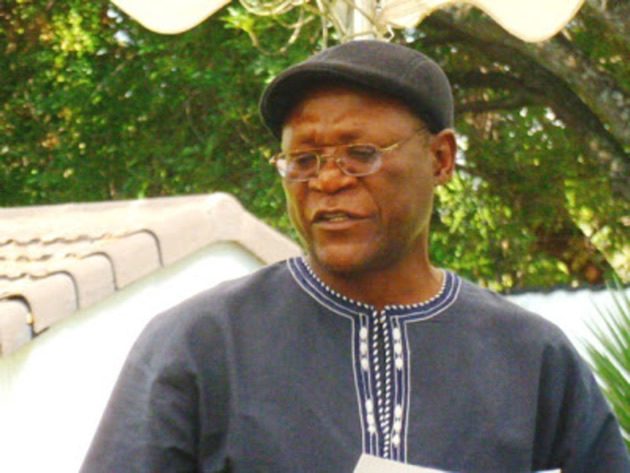
Stanely Mushava Arts Correspondent
The Zimbabwe International Book Fair remains the biggest annual literature event in the country and, as authors reflect on 2013 and plan for 2014, calls for change at the festival are getting louder. The common feeling among stakeholders in the literary sector is that ZIBF must innovate to keep in touch with emerging dynamics in the publishing sector.
A coterie of authors and publishers told Herald Entertainment that ZIBF must shun stagnation and work to re-engage with the digitised public.
Author and critic Tinashe Mushakavanhu said the book fair must accommodate younger members to remain relevant.
“The state of ZIBF brings grief to those of us with a deep love for Zimbabwean literature. The institution needs a complete overhaul in its structures and format. We desperately need young blood to be injected in the Book Fair leadership,” said Mushakavanhu.
“In fact, we need new names with fresh ideas. The present team is out of sync with the younger generation of readers. Their failure to make the book fair web 2.0 compliant is shocking. For instance, electronic publishing is the future, yet it has not been part of the Book Fair Indaba discourse”.
Poet Mbizo Chirasha said book fair officials have to be innovative and improve their marketing strategies.
“The book fair is tired and we need new blood and minds, people who show innovation, a full secretariat that can run the book fair efficiently, we need proper marketing and publicity tools,” said Chirasha.
“The book fair needs a director, programme manager, events person, accountant, grant and funding officer, information, publicity and social media experts, an administration team and a technocratic and creative band of junior officers to plug the generation gap.
“Live literature is a joke as it is at the moment. Workshops, book launches, book awards, reading nights and evenings must be at the core of the book fair. Transparency, engagement and communication must be the order of the festival.”
Speaking in the aftermath of the Mutare Book Fair, Zimbabwe Women Writers Union marketing co-ordinator Keresia Chateuka said: “Our problem is that publicity and media coverage was poor for an event of such national significance and the venue of the fair (Queen’s Hall) lacked strategic proximity to the target population.
“We are only seeing the same people we saw last year minus those who did not come. Most exhibitors are suggesting moving to a more strategic a spot in the CBD where more people frequent.”
Zimbabwe Publishing House co-ordinator James Ginio said: “Relatively few schools participated this year and we are also looking at corporate and the members of the public as participants we missed. My query is, did we have a single poster in Dangamvura?
“Possibly the postponement of the main book fair from July to October on short notice scuttled the normal two-month preparation window for the Mutare Book Fair after the main event in Harare.
“Next time, we suggest that ZIBF prepare marketing brochures for distribution countrywide through publishers who are in constant interaction with schools.
“Giving rural schools special slots to perform and organising reading competitions may also be imperative in a bid to sensitise people in the rural area.”
ZIBF chairman Musaemura Zimunya has always cited lack of funding as the major stumbling block in their quest to develop the fair.
At its height, ZIBF was one of the major events on Africa’s literary calendar, attracting such notables as Chinua Achebe, Micere Mugo, Ama Ata Aidoo, Ngungi WaThiong’o and Cyprian Ekwensi.
The book fair was incepted in 1983, with the blessing of President Robert Mugabe (then Prime Minister), to promote Zimbabwe’s reading culture, bring together stakeholders in the literary fraternity and enhance the visibility of the local book sector internationally.

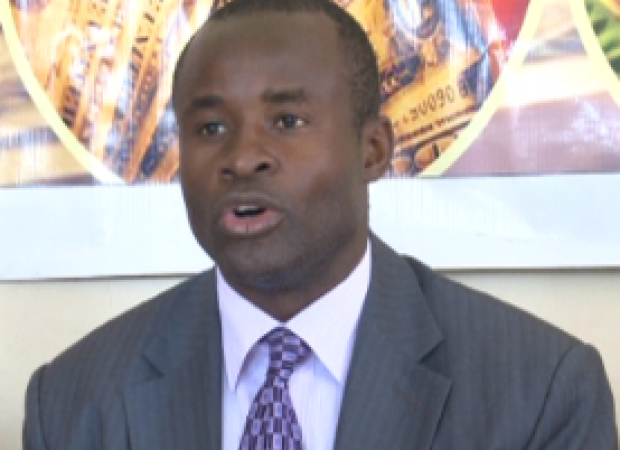
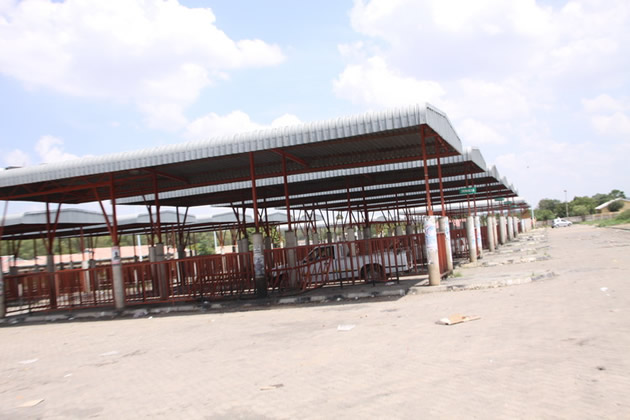

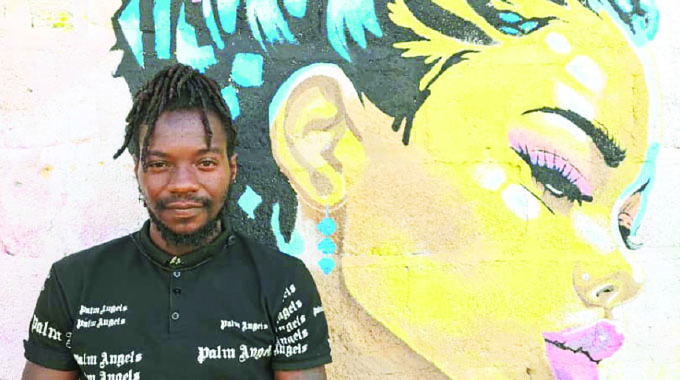
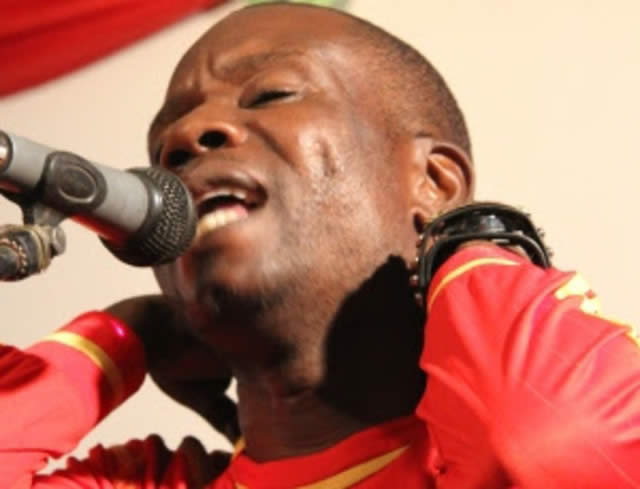

Comments